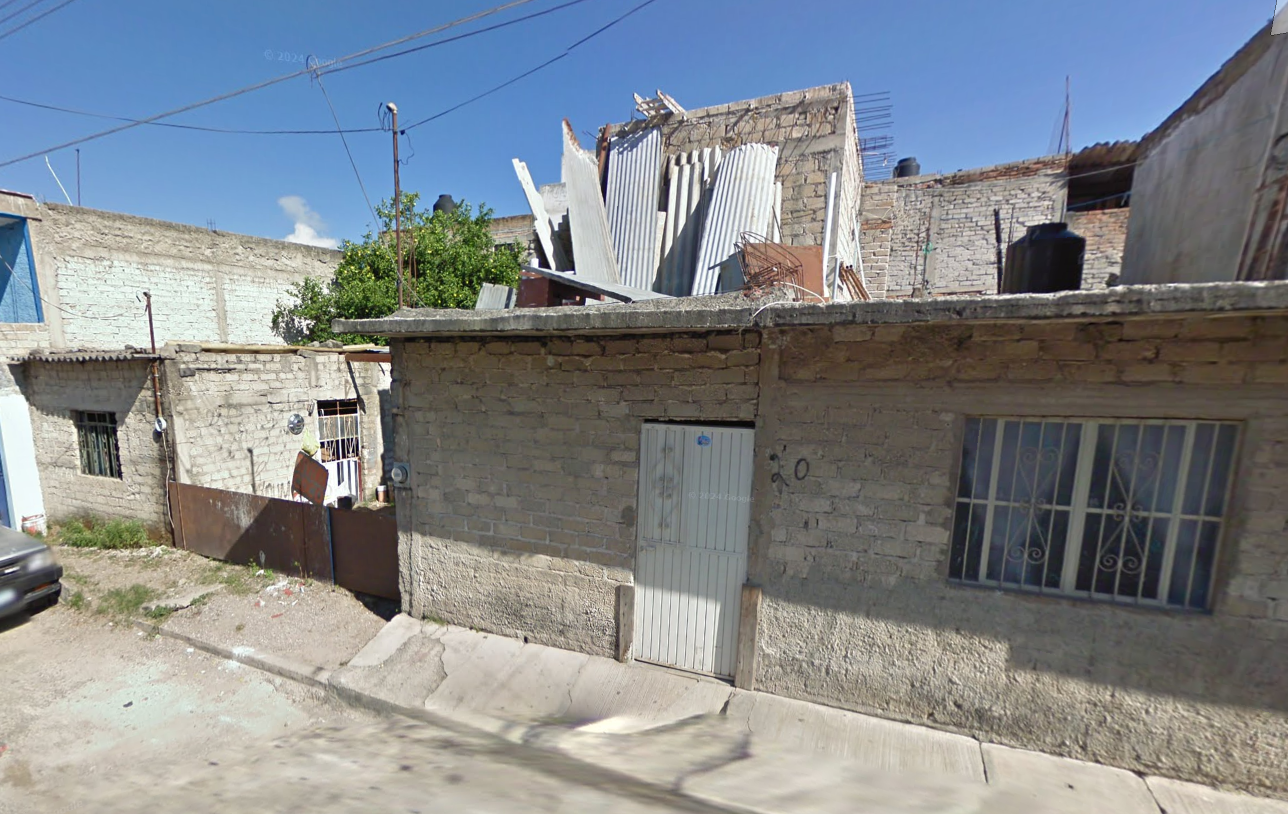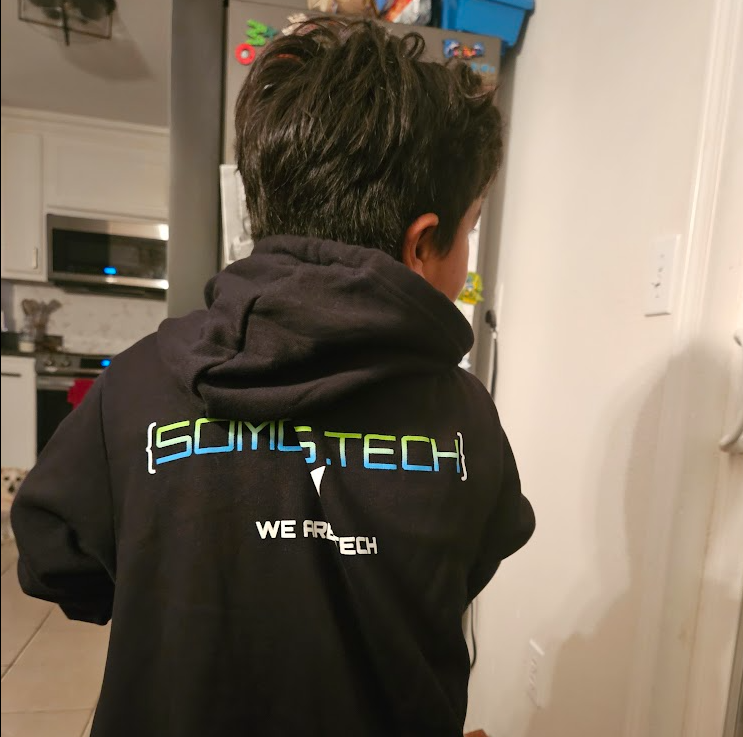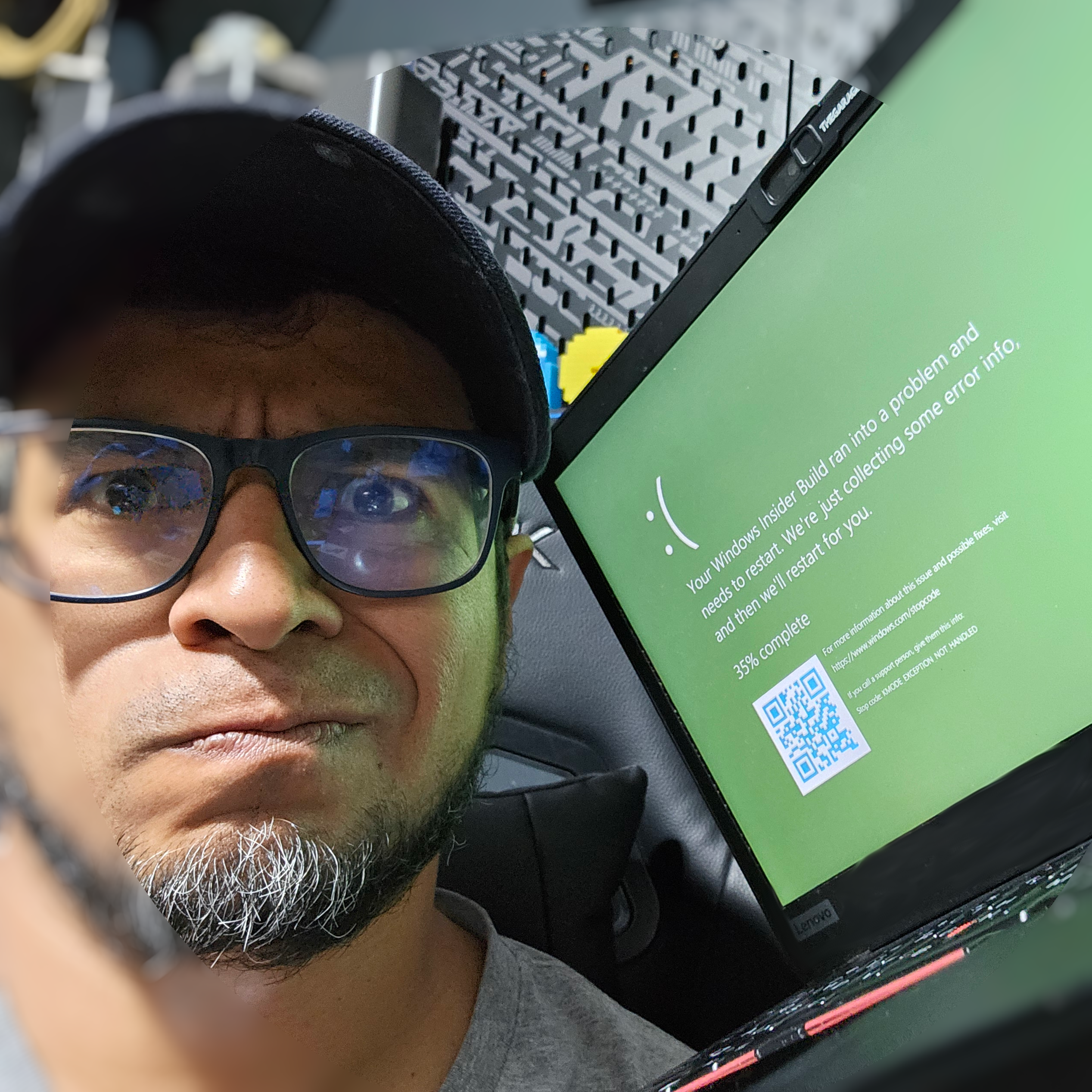Yeah, I know the last 3 chapters are titled “The Power of…” but let me tell you, I like it, and it’s my blog.
When I was a kid, I always knew I wanted to make something different for myself. Different from what? That was the question.
I didn’t limit my imagination to a subset of possibilities. Everything was on the table: President of Mexico one day? Archaeologist discovering new dinosaurs? Sure, sounds fun. Composer and musician? Maybe, just maybe. But each possibility carried a hint of reality, shaped by moments like watching my mom count coins in desperation to buy a kilo of tortillas, or by the fact that everyone around me was low-income, grappling with the unjust lack of opportunities faced by kids like me—dark brown-skinned children in a deeply classist country.
As I grew older, the table of possibilities began to empty, one dream dropping off after another. My passion for music wasn’t enough to get me into a conservatory; after all, we couldn’t afford an instrument, let alone lessons (and to be honest I wasn’t good enough). Becoming an archaeologist required moving to another city, an impossibility with no money to fund it. Instead, a narrow but promising path emerged: my hobby of tinkering with computers could actually become a career. By middle school, I was already coding in COBOL, Basic, and Pascal. An old computer lent by an uncle and code written in paper notebooks allowed a kid to teach himself the craft.
Despite the lack of material wealth, my childhood was a happy one. There was never a shortage of love and support—even if my father’s way of expressing it was limited—and my mother’s care was boundless. My parents made extraordinary efforts to provide for me. My mom worked up until the final weeks of a pregnancy at a private school to secure a highly discounted scholarship. My dad worked endless overtime. Thanks to them, I attended a school where I didn’t fit in. Kids made fun of my backpack and school supplies. Birthday parties were held in houses so grand I couldn’t navigate the etiquette. These houses were in neighborhoods where public transportation was absent, so I’d walk blocks and blocks to get there. Meanwhile, my afternoons were spent playing soccer in the dusty streets of our neighborhood, surrounded by half-built houses, some made of cardboard. My neighbors were working-class families: trash pickers, chicken sellers, construction workers, carpenters.
 A Google Street View of My Neighborhood 2014
A Google Street View of My Neighborhood 2014
I was stuck between two worlds. At school, I struggled to find my place among wealthier kids who, despite everything, became my friends. Back home, my neighborhood friends often saw me as cocky or condescending. What I didn’t realize then was that both groups were longing for what the other had.
Time passed, and this duality became part of my personality. Life went on, with me enjoying fancy dinners I couldn’t afford and camping in places nobody else would. I was still happy, still grateful, still hopeful to make a name for myself. But the “industry” I aimed for remained a vague idea. I bounced between sysadmin, graphical designer, IT support, and software developer roles. Meanwhile, many of my childhood friends stayed the same, some never finishing middle school due to crime, drugs, unexpected pregnancies, or the necessity to work.
I vividly remember reading The Hacker Manifesto, trying to explain its allure to a neighbor who looked at me with confusion—or maybe disbelief. The idea of teaching transistors and semiconductors what to do, transforming electricity into something tangible and valuable, amazed me. I remember how my dad’s job gave us a heavily subsidized but still expensive computer and DSL connection. I discovered Dragon Ball Z spoilers online (with my broken English) and shared them with my block friends, who mocked me for saying such “crazy” things would happen. Two years later, when those episodes finally aired on TV, I proved I was right (who is laughing now mxxfers!!)
No one around me was like me. The limited career scope for IT professionals was clear: be like my dad, an internet technician; like my uncle, a networking guy at Mexico’s largest ISP; or like the people who occasionally hired me, programming systems for local businesses or teaching at a local university. I turned down the possibility of a stable job at my father’s company. I wanted more, or at least something different.
Still living at my parents’ house, I decided to make my first Amazon order in 2005: the Mono.NET book. It took months to arrive in Mexico, and when it did, I devoured it, treasured it. Immersed in open-source projects, install-linux days and the GNU Manifesto, I discovered GNOME. At the time, GNOME and KDE were the two dominant Linux desktop environments. When I learned that GNOME’s creator was Miguel de Icaza, I knew immediately I was Team GNOME.
 My first Amazon order, just paying in USD and shipping something to Mexico was extraordinary
My first Amazon order, just paying in USD and shipping something to Mexico was extraordinary
Miguel de Icaza, the creator of GNOME and later Mono.NET, came from a vastly different background than mine—different skin color, different opportunities: a prestigious university, and a city brimming with possibilities. Yet, seeing a Mexican thriving in the “big leagues” made a crack in the wall of impossibility that surrounded me. I didn’t understand it fully at the time, but representation isn’t just inspiring—it’s transformative.
Miguel went on to create Xamarin and eventually joined (or was acquired by) Microsoft before moving on. Back then, I was busy creating clones of famous applications using GTK#. After spending a few years attempting to build an open-source community in my hometown and unsuccessfully applying for Google summer internships, I decided to move to a larger city—and the rest is a story that continues in other posts and other time.
However, I wasn’t aware of all this until a few days ago, when a flood of memories came crashing into my brain.
Last week, I attended an ugly sweater event at SOMOS.tech. Joey Cruz gave me a branded sweater, and when I got home, my kid put it on, making funny faces. That moment inspired this post. That moment nearly brought tears to my eyes, as they threaten to now while I write. My child casually says he wants to work at Microsoft, as if it’s something normal and achievable. For him, it might be. He doesn’t know the struggle of not seeing anyone like you on the path you’re trying to forge.
 My kid stealing my hoodie
My kid stealing my hoodie
What I didn’t realize was the impact I’m having on others. Returning to LinkedIn, I was surprised by messages from old friends expressing pride in my journey. They were proud—proud!—to see someone from their city, their university, their circle of friends, achieving what I have. (But what have I achieved anyway?) I don’t feel special; I don’t feel I’ve achieved anything extraordinary. I’m just here coding as I was 20 years ago. I believe anyone can do what I do—I’ve just been lucky with the opportunities that came my way. That’s not to say I don’t feel I’ve earned my place, but I know others might have made even more of the same chances.
Every couple of years, I visit my old neighborhood. Some childhood friends are gone—victims of the narco wars, some beheaded, others disappeared. These were people I played with for hours, for days, for years, sharing dreams and teenager ambitions (or the lack thereof). A neighbor once told me how many on the block had been rooting for me to succeed, to escape. They saw in the few of us who did that there was a chance for them too, maybe for their kids. How did I not realize it back then?
This is why I write, why I mentor, and why I strive to stay visible in spaces where others might need to see themselves reflected. Representation isn’t just about achieving something for yourself—it’s about holding the door open for the ones who come after you, showing them that the impossible can indeed become reality. And sometimes, it’s about making sure that when they look up, they see a version of themselves already there, paving the way so they can achieve something extraordinary.
Representation matters. It bridges the gap between the impossible and the attainable. It plants the seed of belief in others, even if they don’t realize it at the moment, even if they don’t know they’re watching. Even if, like me, they can’t point to someone specific but are forever grateful for the path that was unknowingly illuminated. I can’t wait to see what others achieve, breaking glass ceilings I am physically impossible of dream anymore.
